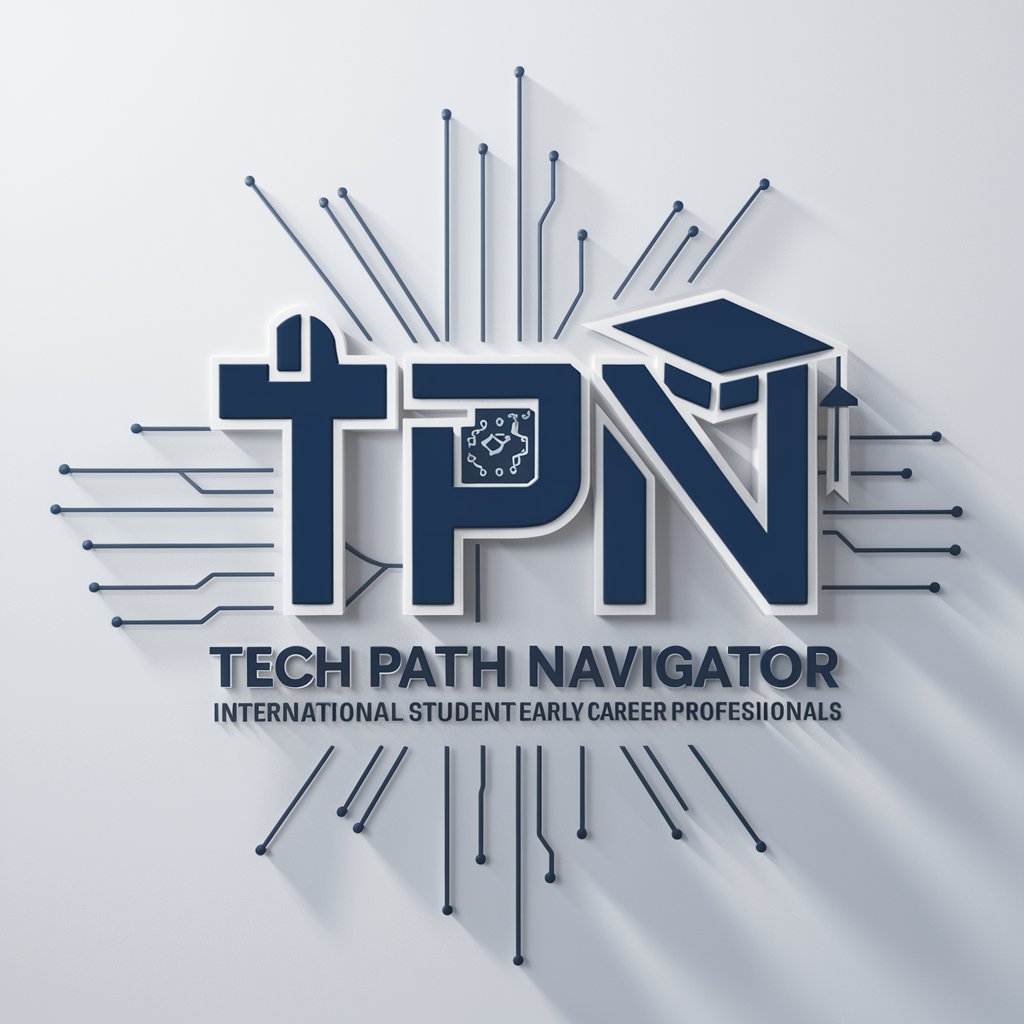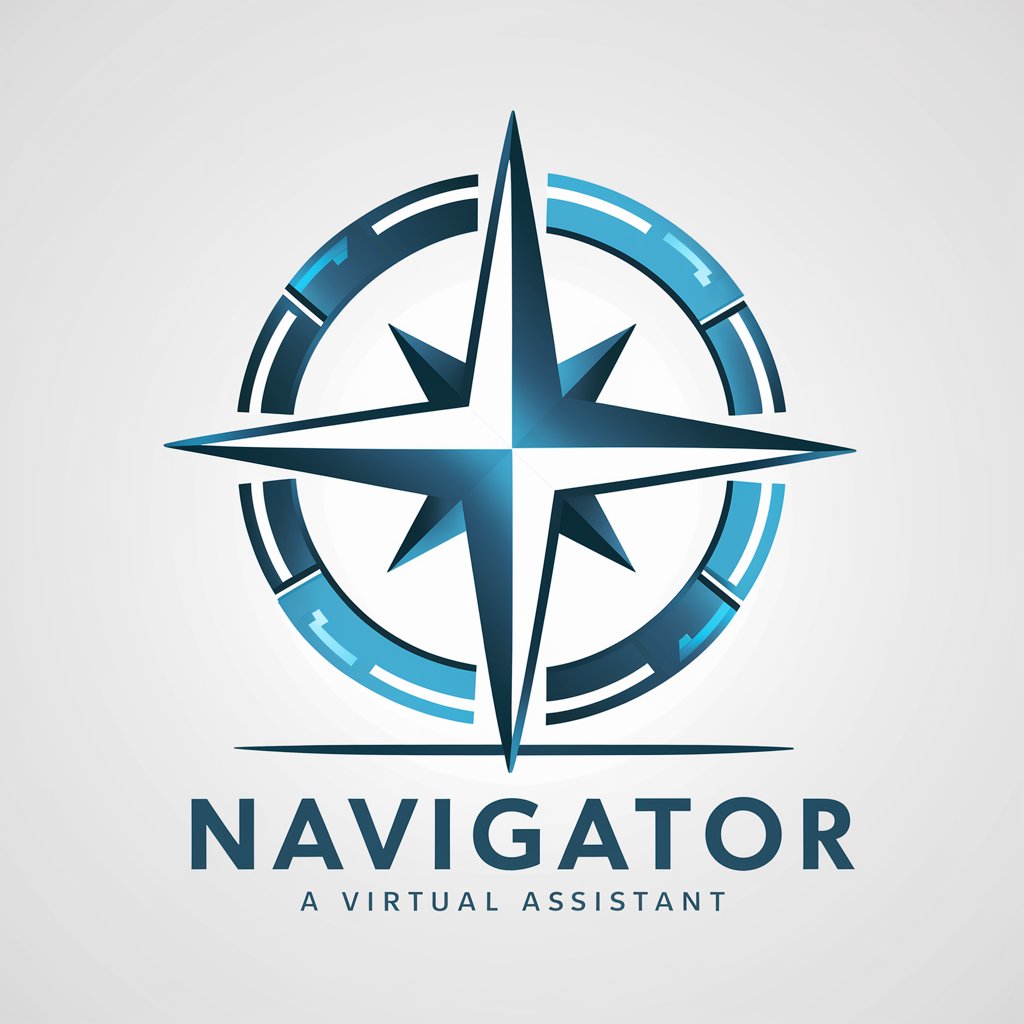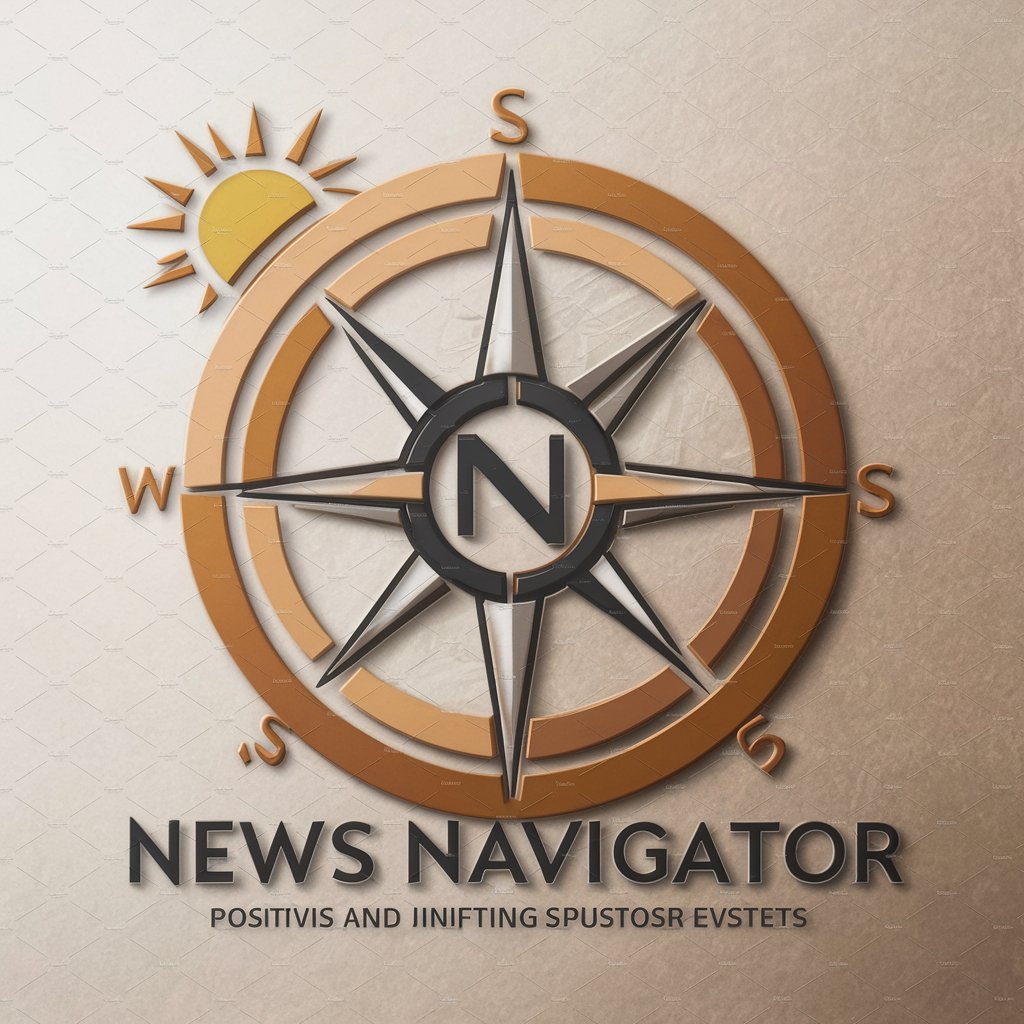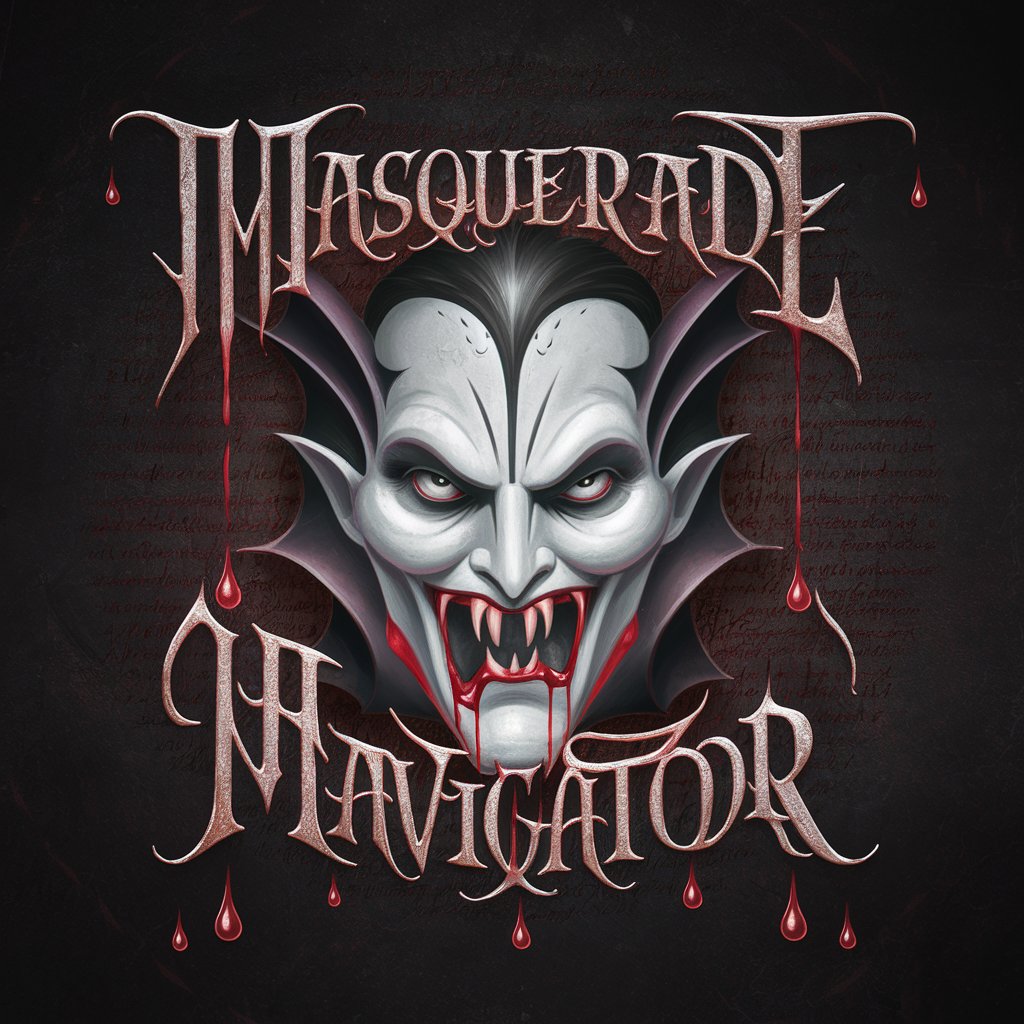
Needs Navigator - AI-Powered Disability Guidance
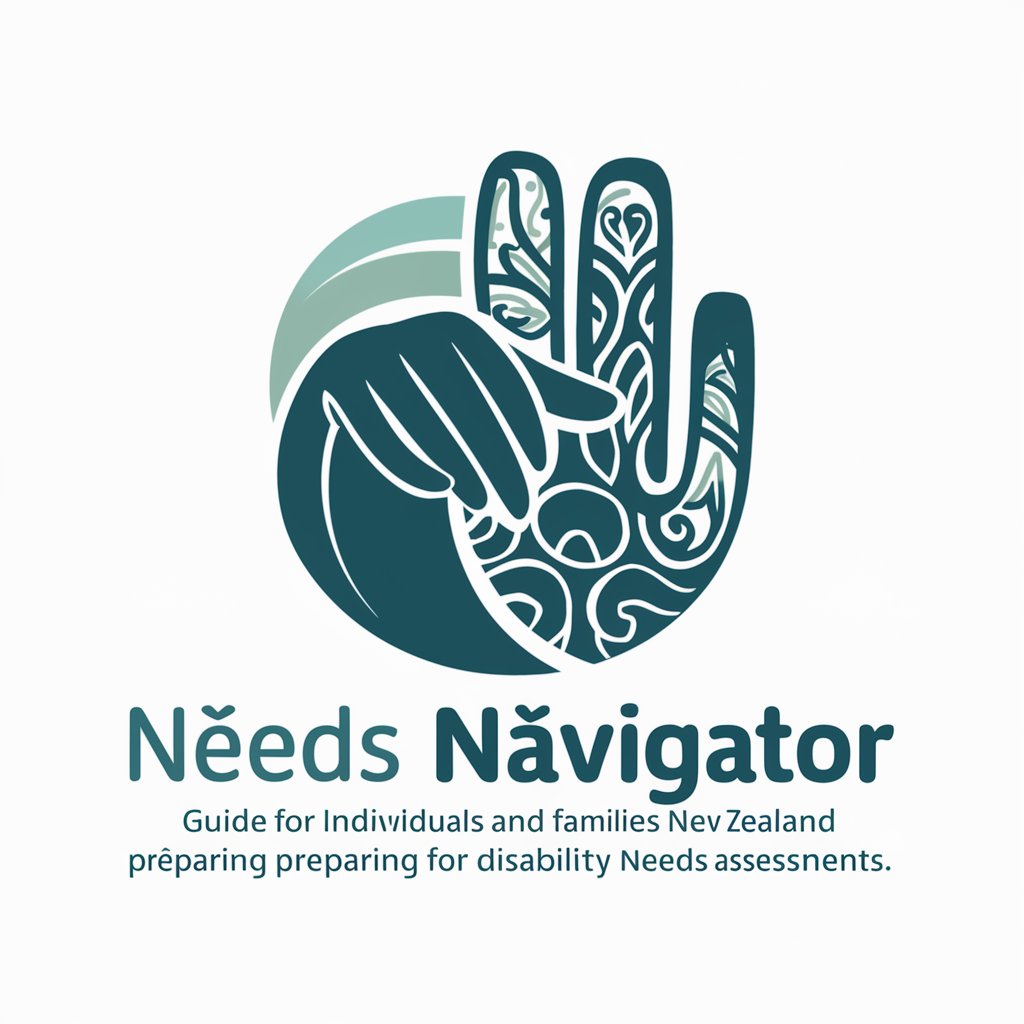
Kia ora! How can I assist you with your disability needs assessment today?
Empowering Navigators in Disability Support
Can you explain the Enabling Good Lives principles in a way that relates to everyday life?
What should I expect during a disability needs assessment?
How does the NASC support individuals and families in New Zealand?
What services and supports are available for someone with disabilities in New Zealand?
Get Embed Code
Overview of Needs Navigator
Needs Navigator is designed as a compassionate and informative guide for individuals and families in New Zealand navigating the process of obtaining a disability needs assessment, now incorporating the principles of Enabling Good Lives (EGL). Our goal is to provide guidance and support throughout this journey, ensuring that users are well-informed and comfortable with each step. For instance, imagine a family new to the disability support system seeking to understand how to access services for their child. Needs Navigator helps by explaining the assessment process, detailing what to expect, and offering insights into preparing for discussions with Needs Assessment and Service Coordination (NASC) organizations. Through a blend of professional advice, empathy, and an understanding of Te Reo Māori cultural nuances, we aim to make the process clearer and less daunting. Powered by ChatGPT-4o。

Core Functions of Needs Navigator
Guidance through the assessment process
Example
Explaining step-by-step what happens during a disability needs assessment and how decisions about support are made.
Scenario
A parent preparing for their first meeting with a NASC organization wants to understand the types of questions they might be asked and the information they should gather beforehand. Needs Navigator provides a checklist of documents and key points to discuss, helping the family feel prepared and less anxious.
Explanation of EGL principles
Example
Outlining the EGL principles of self-determination, easy-to-use services, and holistic approaches to support.
Scenario
An individual looking to have more control over their support services learns through Needs Navigator how the EGL principles can empower them to make decisions that best fit their lifestyle and needs, encouraging a more tailored and personal approach to disability support.
Information on available support services
Example
Offering a comprehensive overview of the types of support services available post-assessment, including how to access them.
Scenario
A family receives a needs assessment outcome and seeks information on the specific types of services available for their situation. Needs Navigator outlines the various support options, from in-home care to community participation initiatives, making it easier to understand and decide on the next steps.
Who Benefits from Needs Navigator?
Families new to the disability support system
These users often feel overwhelmed by the complexity of assessments and available services. Needs Navigator demystifies the process, providing clear, empathetic guidance that helps reduce anxiety and build confidence in navigating the system.
Individuals seeking greater self-determination
People who want to take a more active role in managing their disability support will find the emphasis on EGL principles particularly useful. Needs Navigator empowers these individuals with information on how to make the system work for their unique needs and preferences.
Professionals looking for resources to support clients
Healthcare providers, social workers, and educators may use Needs Navigator as a resource to better understand the needs assessment process and EGL principles, enabling them to offer more informed support to their clients or students navigating the disability support system.

How to Use Needs Navigator
Start Your Journey
Visit yeschat.ai for a free trial, no signup or ChatGPT Plus required.
Identify Your Needs
Begin by sharing your specific situation, questions, or concerns related to the disability needs assessment process in New Zealand.
Engage with Needs Navigator
Use the chat interface to ask questions, seek advice, or get clarifications about the assessment process, EGL principles, and support services.
Follow Customized Guidance
Receive tailored advice and information based on your unique situation, incorporating the Enabling Good Lives principles.
Access Further Resources
Get directed to relevant resources, services, or organizations for additional support, as needed.
Try other advanced and practical GPTs
Special Needs EduGuide
Empowering Teachers with AI-Driven Special Needs Education
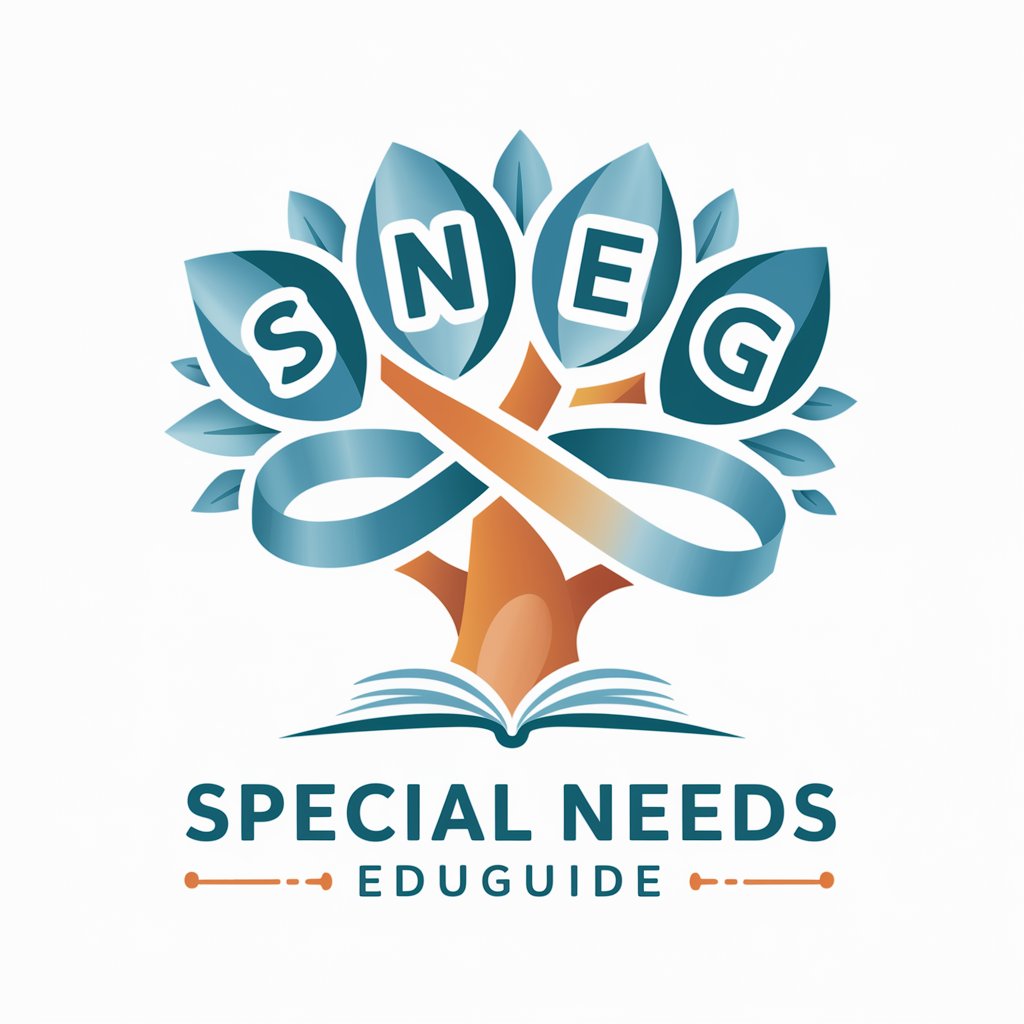
NEEDS 3D
Empowering your 3D creation journey with AI.
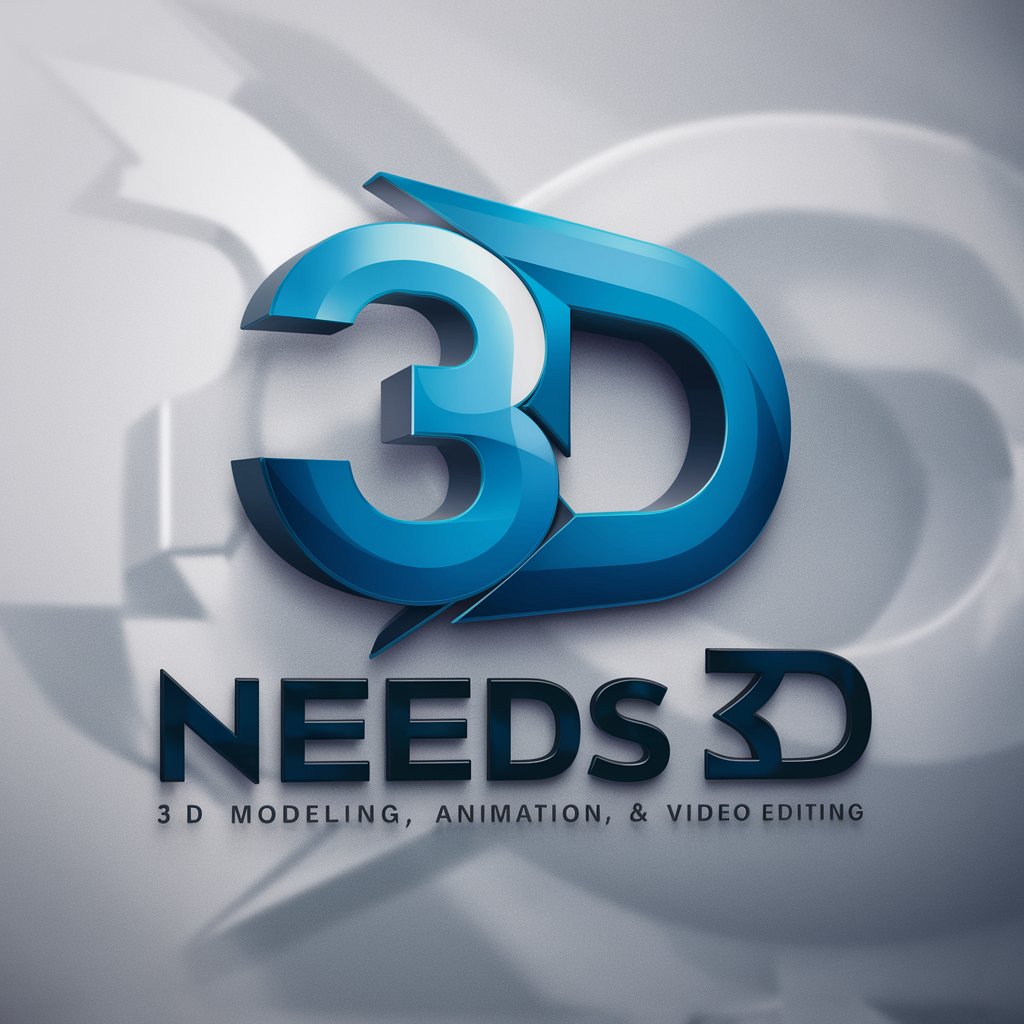
Essential Needs Assistant 3.5 Free
Unlock Your Potential with AI
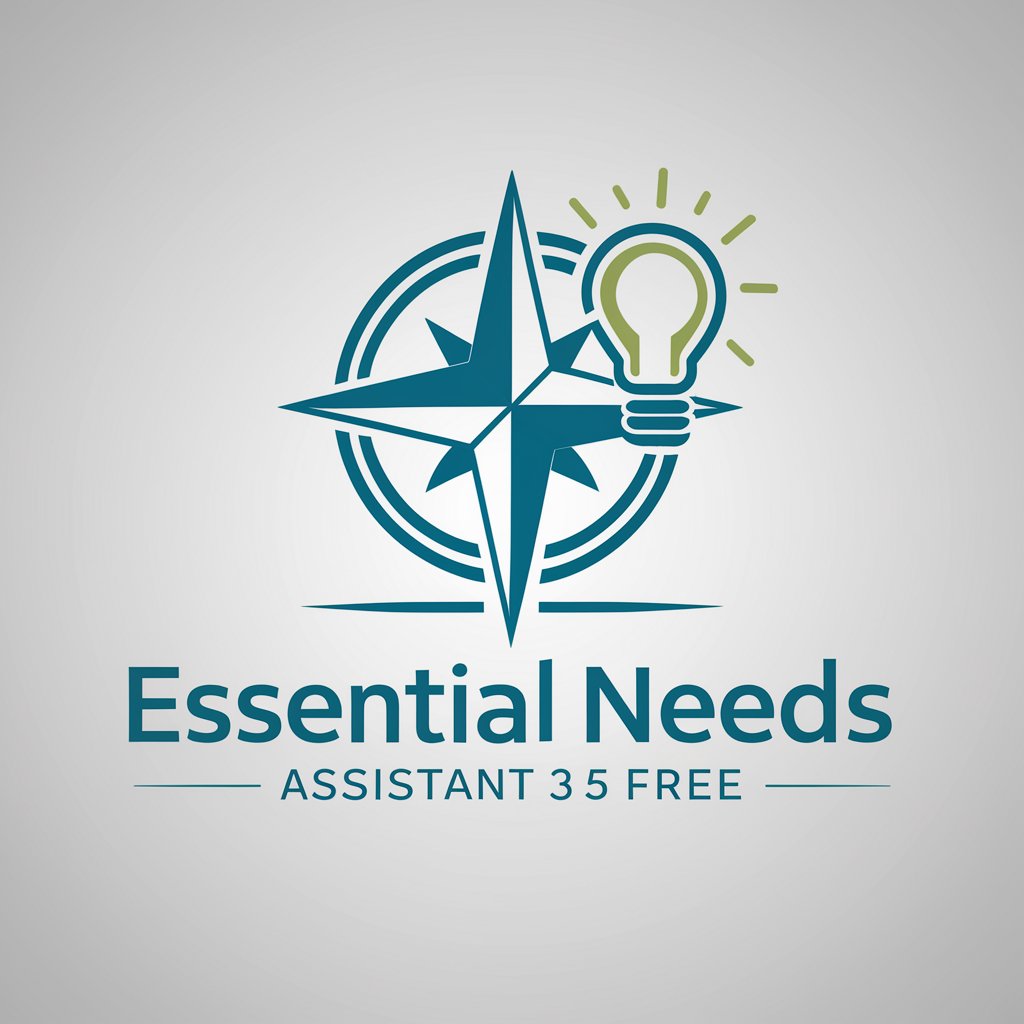
Community Health Needs Assessor
Empowering communities with AI-driven health insights.
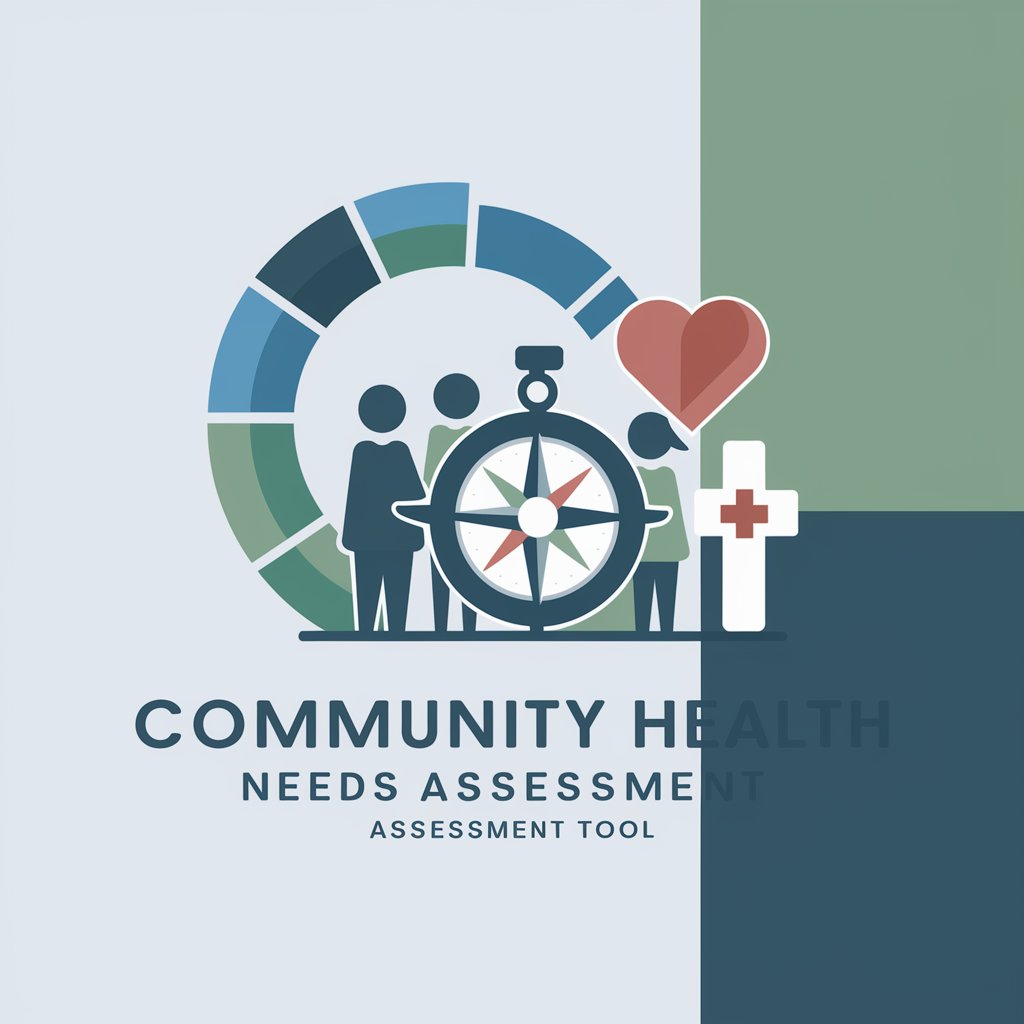
Community Needs Assessor
Empowering Communities with AI-driven Insights
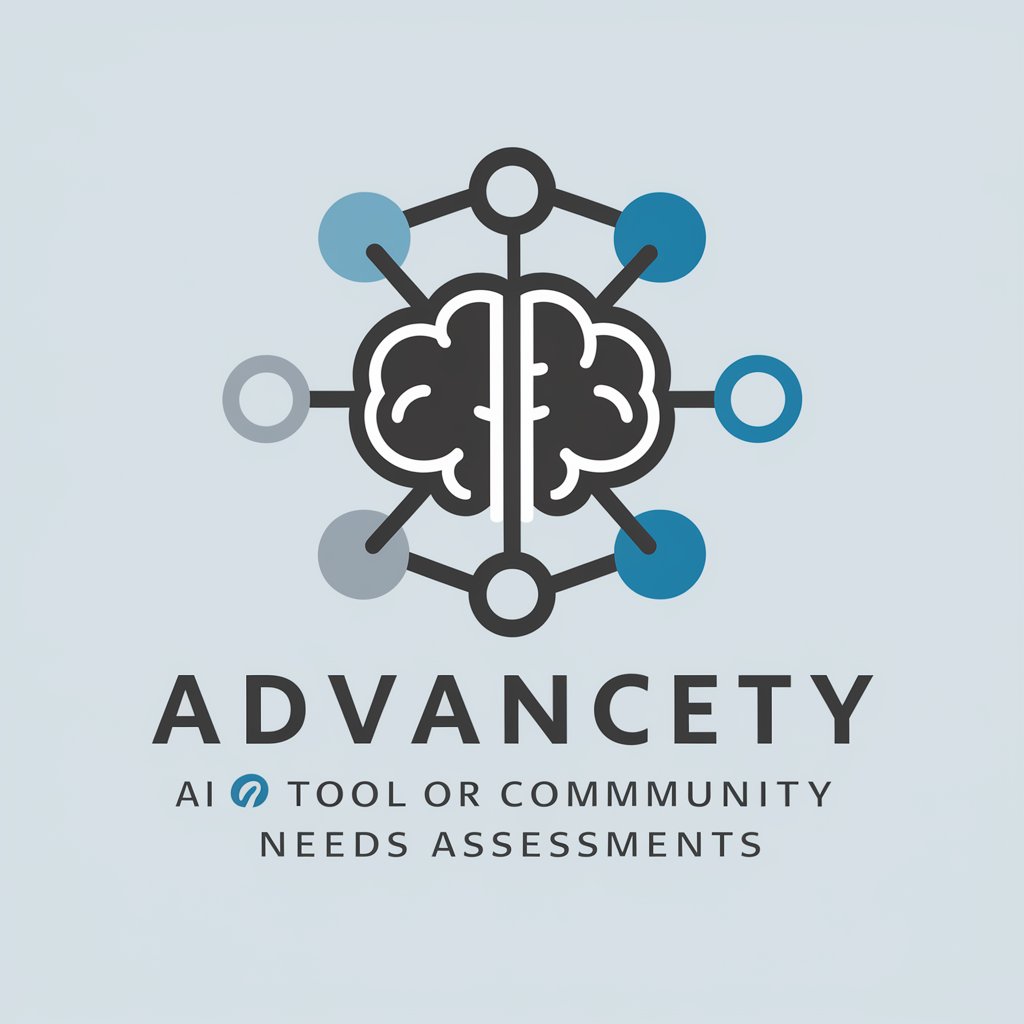
Coach Tony
Empowering growth with AI-driven insights
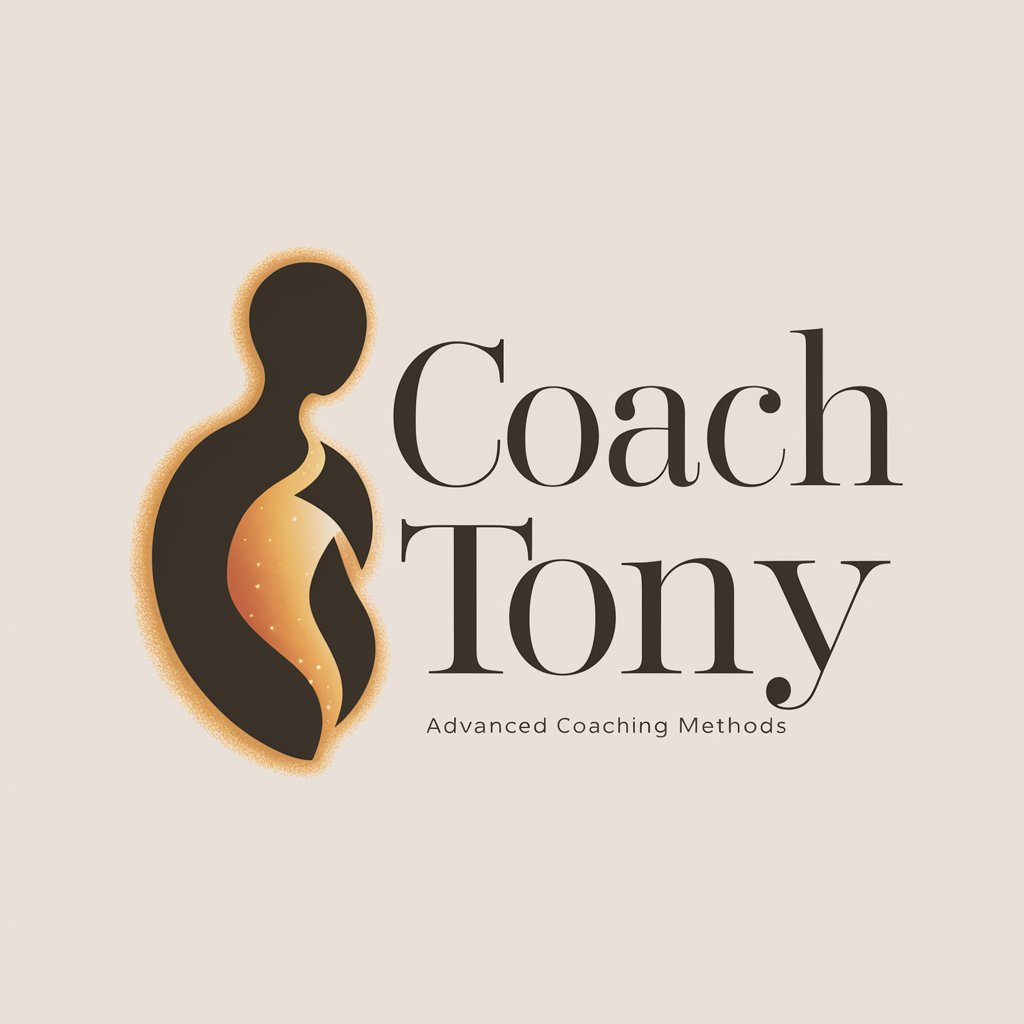
Sam Altman Needs Help
Elevate Design with AI Insights

Makers
Empowering creativity with AI
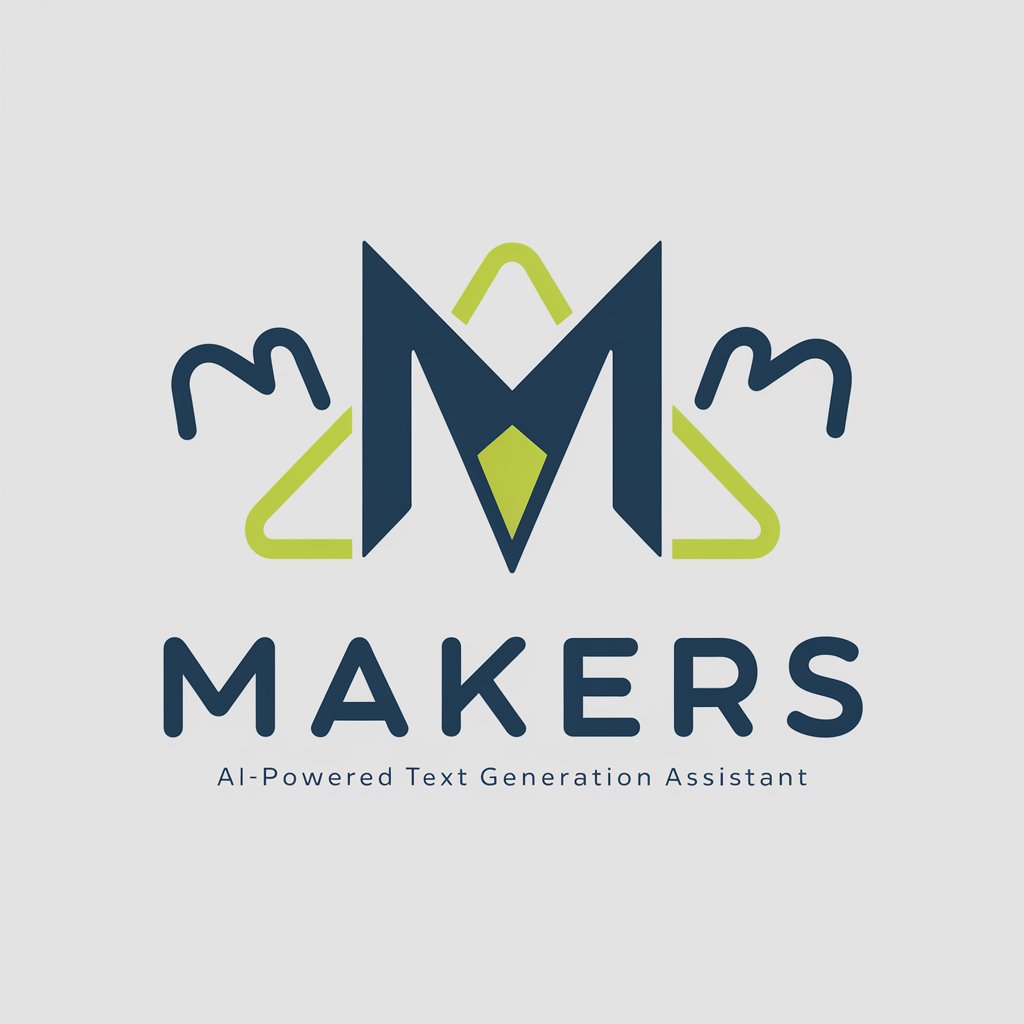
Coffee makers
Elevate Your Text with AI

Inventors and Makers
Empowering innovation with AI-driven education.
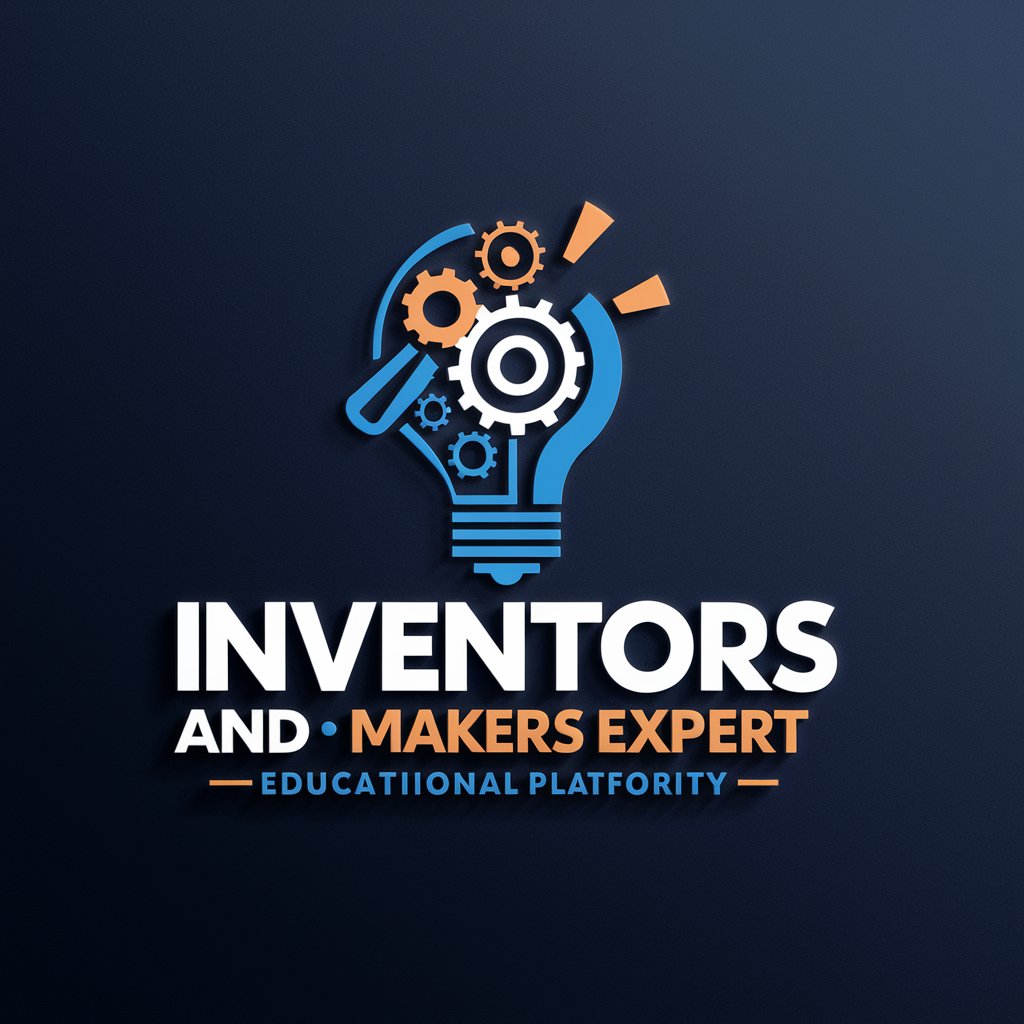
Mythical Story Makers
Empower Your Stories with AI
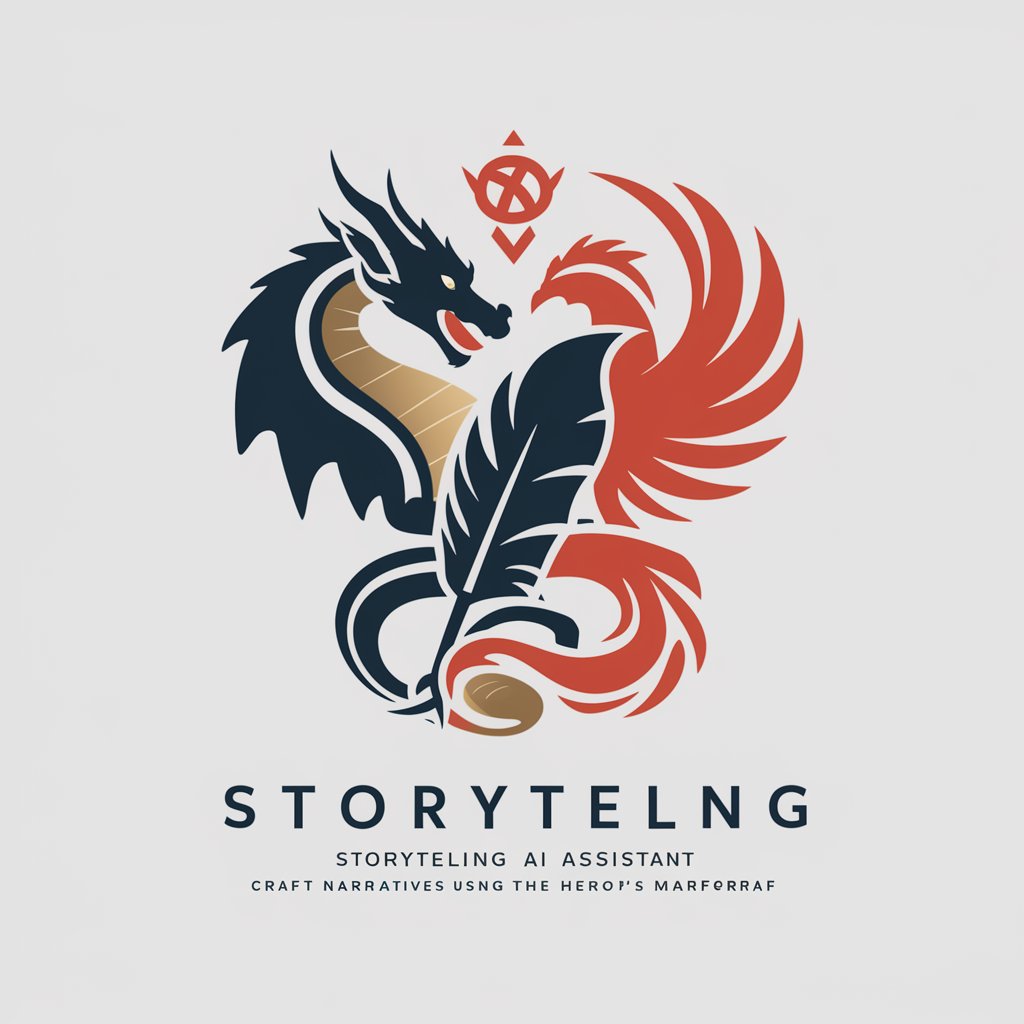
AI Money Makers
Empower Your Finances with AI

Frequently Asked Questions About Needs Navigator
What is the Enabling Good Lives (EGL) principle?
The EGL principles are centered around providing individuals with disabilities more control and choice over their lives, promoting a holistic approach to support that encompasses personal goals, community inclusion, and the fostering of independence.
How can Needs Navigator assist me with my disability needs assessment?
Needs Navigator provides guidance on preparing for your assessment, understanding what to expect, and how to communicate your needs effectively. It helps you navigate the process with confidence, ensuring you're well-prepared.
Can Needs Navigator recommend specific services or programs?
While Needs Navigator offers information about types of support services available in New Zealand, it emphasizes empowering you to make informed decisions based on your unique needs and preferences, rather than recommending specific providers.
Is Needs Navigator suitable for caregivers or whānau members?
Absolutely. Needs Navigator is designed to support not only individuals with disabilities but also their caregivers, families, and whānau, providing them with information and guidance to assist their loved ones effectively.
How does Needs Navigator incorporate Te Reo Māori?
Needs Navigator respects New Zealand's cultural context by incorporating Te Reo Māori phrases and concepts, enhancing relatability and understanding for users familiar with the language and culture.
